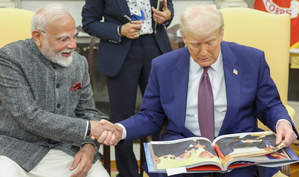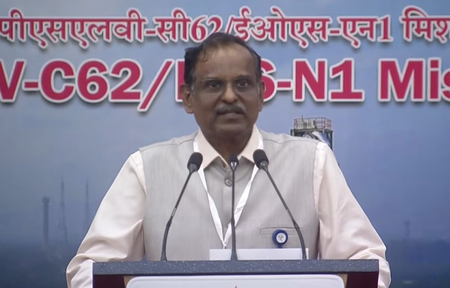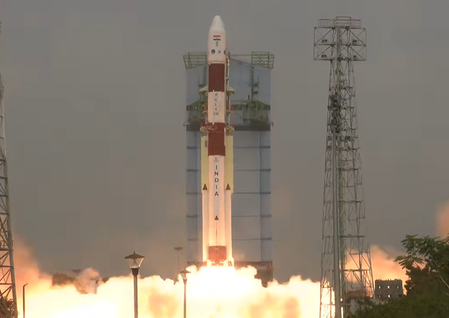
New York, Jan 18 (IANS) A team of Chinese researchers identified and mapped SARS-CoV-2, the virus that caused the deadly Covid-19 pandemic and continues to infect people worldwide, at least two weeks before the country officially informed the world about the virus, according to media reports.
The reports, based on federal documents from the US Department of Health and Human Services (HHS) and shared with a US congressional committee, raise concerns about China’s transparency on the virus — how much China knew about the virus and since when, and the time lost to develop tests and treatment to fight the virus.
The congressional investigators said that a Chinese researcher in Beijing uploaded an incomplete sequence of the virus’s structure to a US government-run database in December 2019 — a period where Chinese officials were publicly describing the disease outbreak in Wuhan as a viral pneumonia “of unknown cause”, the Wall Street Journal reported.
On December 28, 2019, Lili Ren, a virologist at the Institute of Pathogen Biology of the Chinese Academy of Medical Sciences in Beijing, submitted a genetic sequence of the SARS-CoV-2 virus to GenBank — a publicly accessible database of genetic sequences overseen by the US National Institutes of Health (NIH).
Three days later GenBank informed Ren in an email that her submission was incomplete and requested that she provide the complete information, Washington Post reported.
As Ren did not submit the requested annotations, her submission was deleted from GenBank’s processing queue on January 16, 2020.
A “nearly identical” genetic sequence of SARS-CoV-2 was submitted to GenBank by a separate team of Chinese researchers and was published on January 12, 2020, revealed a letter sent by Melanie Anne Egorin, a senior official at the HHS, sent to House Energy and Commerce Committee leaders and that was made public on Wednesday.
According to public health experts who reviewed the documents, this was a missed opportunity to learn more about the virus at the beginning of the global health emergency, the Washington Post reported.
The failure to publish the genetic sequence submitted by Ren is “retroactively painful,” Jesse Bloom, a virologist at the Fred Hutchinson Cancer Center in Seattle, was quoted as saying.
Bloom noted that the genetic sequences may have expedited new tests and vaccines to combat the coronavirus.
“That two weeks would have made a tangible difference in quite a few people’s lives,” Bloom said.
More than three years after the pandemic, the origins of Covid-19 remain unclear. It has been the subject of a political and scientific debate with scientists and politicians globally contending that the source of the coronavirus was exposure to an infected animal or an event at a laboratory.
“I don’t think this submission tells us anything about the origin of SARS-CoV-2,” Bloom said. “What I think this shows … (is) the Chinese government wasn’t immediately transparent about how quickly they learned about the cause of this outbreak.”
–IANS
rvt/uk




